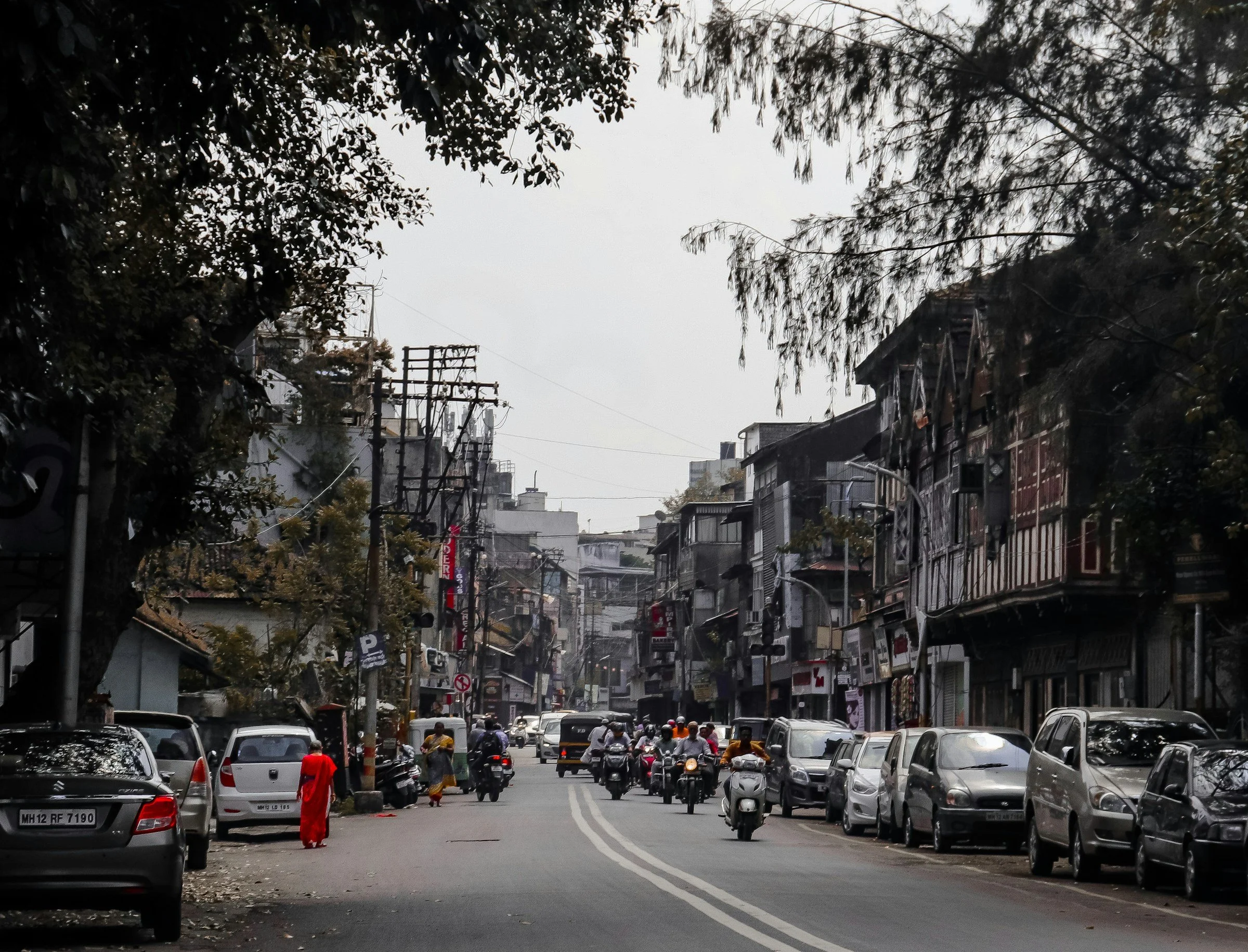Thai-EU Trade Deal is an Opportunity to Secure the Labour Rights of Migrant Fishermen
Recent proposals from the Thai government to rollback labour protection for migrant fishermen could be withdrawn in the face of pressure to secure a lucrative trade deal with the European Union.
Thailand is hoping to secure a free trade deal with the EU in 2025. This is a top priority for the Thai government, as the EU is its fourth-biggest trading partner, with imports and exports at a current rate of around $40 billion per year. Thai exports are currently hamstrung by high EU import duty rates of 11.5%, and a relaxation of rules could boost the Thai economy by up to 1.2%.
However, current negotiations have been described by one Thai official interviewed this week by Deutsche Welle as facing ‘challenges’. One potential stumbling block is labour rights, with the EU requiring Thai authorities to strictly adhere to international labour protection standards and anti-trafficking protocols, whilst exploitation of migrant workers from poorer neighbouring countries, such as Myanmar and Cambodia, has long been prevalent in the Thai economy. According to the UN, there are 4-5 million migrant workers in Thailand (up to 2.5 million of whom have no legal status).
One controversial recent development are plans announced last September by Thailand’s newly-elected prime minister, Srettha Thavisin, to amend the Fisheries Law (2015), which could erode labour protection in the fishing industry. The act was introduced by the previous government after a series of exposés into human rights abuses in the Thai fishing industry caused an international outcry. As a consequence, the EU imposed a “yellow card” on Thailand under its illegal, unreported and unregulated (IUU) fishing framework, threatening to ban Thai fish imports unless Thailand cleaned up its act, and the U.S. State Department downgraded Thailand to a Tier 3 trafficking nation designation.
The new legislation was designed to clamp down on illegal, unreported, and unregulated (IUU) fishing. However, it was criticized in a 2018 Human Rights Watch report for being largely a “theatrical exercise for international consumption” with the Thai authorities failing to identify a single case of forced labor in 2015, despite identity inspections of 474,334 fishing crew. In spite of this, the act has also been held up as a leading example of sustainability and labour protection in South East Asia.
The National Fishing Association of Thailand (NFAT) Association, which represents the interests of large fishing vessel owners, have long been calling for revision of the act, claiming that its stringent requirements affect profits. Demands which would particularly affect workers rights are the removal of restrictions on crew transfers at sea, the abandonment of current limitations on how long fishermen can be required to work (at the moment limited to 30 days), the lifting of restrictions on the employment of 16-18 year olds, and the abolition of electronic payment systems and return to day-rate pay. Such deregulation in Thailand would, according to Steve Trent, CEO of Environmental Justice Foundation, see “the safety of its fisheries workforce jeopardized once again”.
In opposition to the proposed rescission of the act, a group of 90 Thai and international organisations published an open letter to Prime Minister Thavisin in November 2023. In it they stated that policy revocations would have a 'major human toll' and urged for current levels of protection afforded by the act to be maintained and further extended by permitting foreign migrants to form their own labour unions.
The imminent trade deal negotiations represent a unique window of opportunity for the EU to leverage concessions from Thailand in terms of stronger labour rights protection. This is not only limited to the seafood and fishing industry, but could also cover other parts of the Thai economy where migrant workers are vulnerable to exploitation.
Share your news
Post your experiences from the field and initiatives to feature





